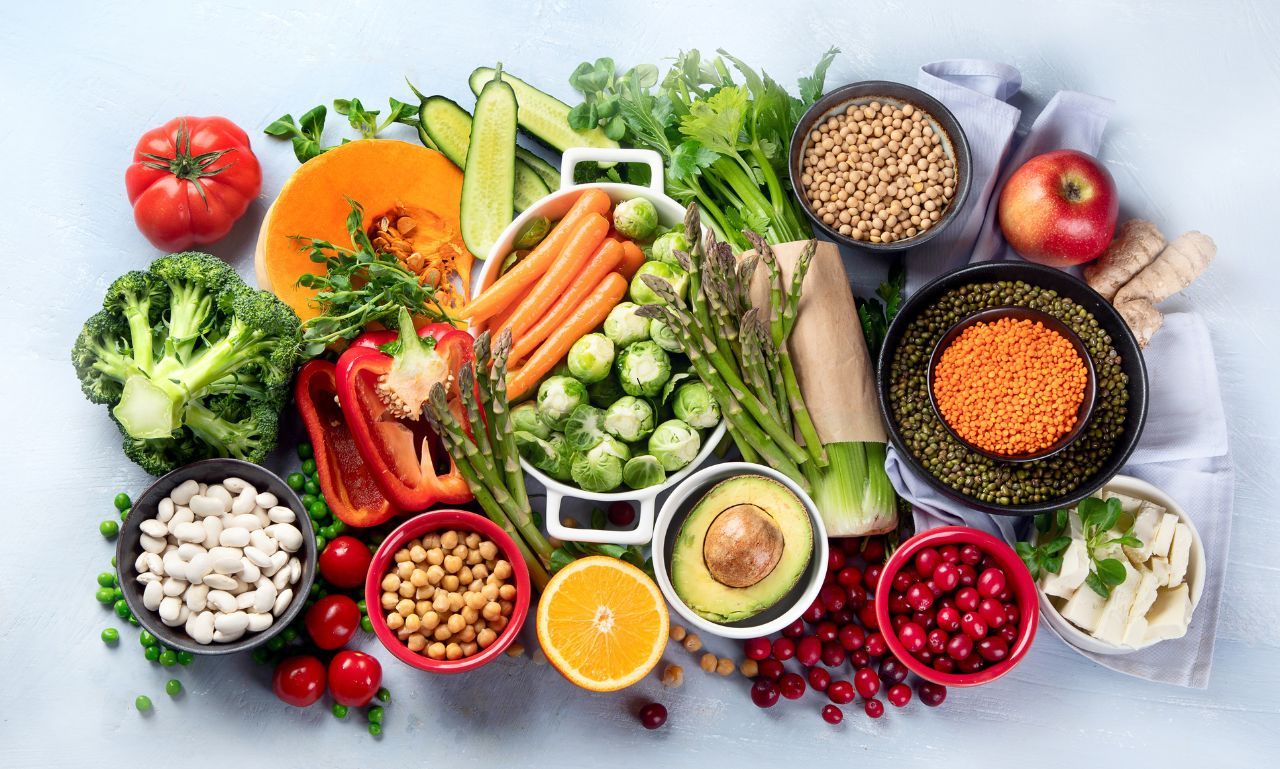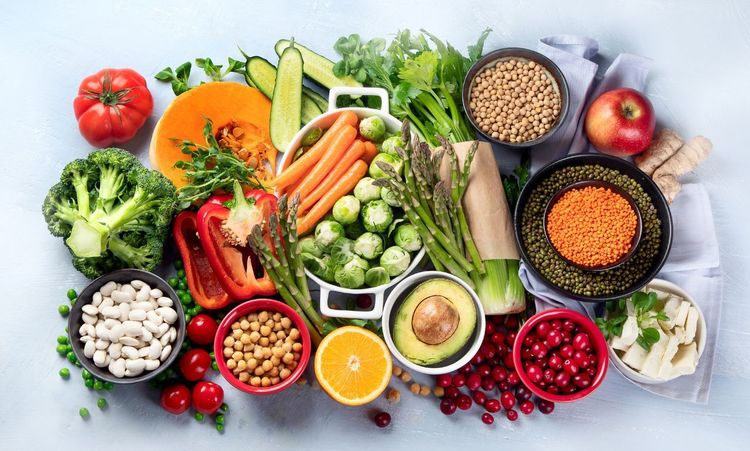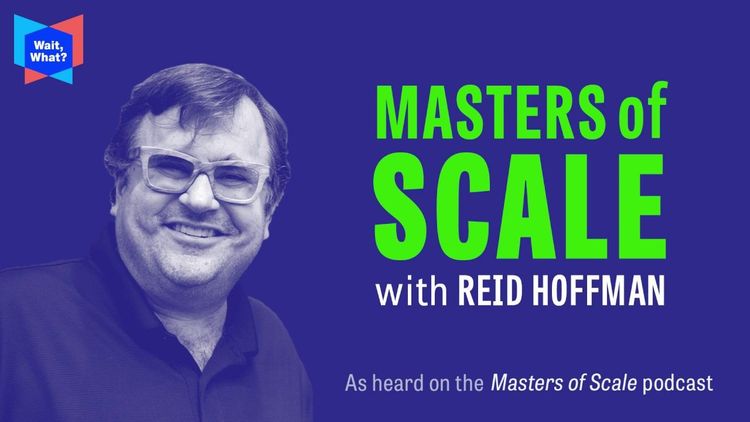Have you ever felt overwhelmed by how much "stuff" you have in your life, yet still unsatisfied? I've been there, too. The modern world pushes us toward more—more possessions, more commitments, more information. But here's what I've learned after years of working with clients and in my own life: pursuing a quantity of possessions, commitments, and us up.
I remember when I used to pride myself on how busy my calendar looked. My days were packed with meetings, my home was filled with the latest gadgets, and my social media boasted hundreds of connections. Yet, despite all this abundance, something was missing. That's when I realized the truth: In almost every area of life, quality trumps quantity.
This mindset shift didn't happen overnight, but when it did, everything changed. Today, I'm sharing the 10 most important areas where quality trumps quantity. This isn't just about minimalism—it's about intentionality and maximizing what truly matters.
Time
Time is our most precious and non-renewable resource. Many of us fall into the trap of filling every minute of our day with activities, thinking productivity means doing more. This approach is backward.
When I restructured my schedule to focus on deep work rather than busy work, my business grew faster than ever before. Instead of scattering my attention across dozens of small tasks, I began dedicating 3-4 hours each day to my most important projects. This quality time—free from distractions and interruptions—yielded better results than 8+ hours of fragmented attention ever did.
The same applies to personal time. An hour of fully present conversation with my wife is worth more than an entire evening together while both of us scroll through our phones. Quality time means giving your full, undivided attention to what matters most. Try tracking where your time goes for a week—you might be shocked at how much is wasted on low-value activities that could be eliminated or condensed.
Diet

What we eat literally becomes who we are at a cellular level. Yet many of us prioritize quantity over quality, choosing larger portions of processed foods rather than nutrient-dense whole foods.
I noticed a remarkable change when I shifted my focus from calorie counting to nutrient density. By investing in high-quality proteins, organic vegetables, and healthy fats, I found I actually needed to eat less overall. My energy stabilized, brain fog disappeared, and surprisingly, my grocery bill didn't increase much—I was wasting less food and snacks and impulse purchases.
This doesn't mean every meal needs to be perfect. Rather, it's about being intentional with what you consume most of the time. The quality of your food directly impacts the quality of your life—from energy levels to mood to long-term health outcomes. One simple change: replace quantity-based food decisions ("Is this filling enough?") with quality-based ones ("Will this nourish me?").
Dating and Friendships
Humans are social creatures, but our relationship needs are better served by depth than breadth. A study from the University of Oxford suggests we can maintain only about 150 meaningful relationships at once, with just 5-15 in our closest circle.
I've found this to be profoundly true in my own life. After intentionally investing more time in my core relationships rather than trying to maintain hundreds of casual connections, my sense of belonging and support flourished. Those deeper relationships became a source of genuine joy and resilience during challenging times.
Quality relationships require vulnerability, consistency, and mutual growth. They can't be rushed or manufactured. Ask yourself: Would you rather have hundreds of acquaintances who know your name or five friends who truly know your heart? Focus your relationship energy accordingly. Make regular, meaningful contact with your inner circle a non-negotiable priority in your calendar.
Networking
Professional connections follow similar principles to personal relationships, though with different objectives. Many professionals collect business cards or LinkedIn connections like trophies but rarely convert these into meaningful relationships.
I transformed my approach to networking when I realized that five strategic, nurturing professional relationships were worth more than 500 casual connections. Instead of attending every industry event, I began investing in fewer, deeper connections with people I genuinely admired and with whom I could create mutual value.
This quality-focused approach led to more meaningful collaborations, referrals, and opportunities than mass networking ever did. To implement this in your professional life, identify the 20% of your network that provides 80% of the value, and intentionally deepen those relationships. Remember that authentic connection—even in business—is about giving value before expecting returns.
Activities and Experiences
Our leisure time faces the same quality-versus-quantity dilemma. Many people fill weekends with back-to-back activities, only to feel exhausted rather than rejuvenated come Monday.
When I began prioritizing experiences that aligned with my values and interests—regardless of their Instagram potential—my satisfaction skyrocketed. A weekend with one meaningful activity (whether that's a challenging hike, an immersive creative project, or deep conversation with friends) left me more fulfilled than weekends packed with obligatory social events and distractions.
Quality experiences engage us fully, challenge us appropriately, and leave us feeling more alive. They often involve an element of presence that quantity-focused scheduling doesn't allow for. Try reducing your planned activities by half, giving each twice the time and attention, and notice the difference in your enjoyment and fulfillment.
Knowledge
In the information age, we're drowning in content but starving for wisdom. Many pride themselves on how many books they read or courses they take without considering how deeply they're integrating that knowledge.
I transformed my learning when I began reading fewer books more thoroughly—taking notes, reflecting on key ideas, and actively applying concepts to my life and work. One book fully digested and implemented created more value than dozens skimmed and forgotten.
Quality learning means engaging deeply enough with information to transform it into applicable knowledge and, eventually, wisdom. Instead of consuming more content, try extracting more value from what you already know. Review notes from books you've read, revisit courses you've taken, and most importantly, create opportunities to apply what you've learned in real-world situations.
Possessions
Material possessions present perhaps the clearest case for quality over quantity. Most of us know the feeling of a cluttered home filled with items we rarely use or truly value.
I experienced a remarkable shift in satisfaction when I began investing in fewer, better things. Whether it's kitchen tools, clothing, or furniture, high-quality items that perform well, look good, and last for years provide ongoing satisfaction that disposable alternatives never can. They're also often more economical in the long run.
This doesn't necessarily mean buying the most expensive option but rather the one with the best value proposition for your specific needs. Before purchasing anything, ask: Will this item meaningfully improve my life? Is it designed and constructed to last? Would I rather have this one quality item or several lower-quality alternatives? The answers will guide you toward a home filled with possessions you genuinely value.
Experiences
While similar to activities, experiences deserve their own category because they form the fabric of our memories and identity. Many chase quantity—countries visited, events attended—without considering the depth of engagement.
I found greater joy in revisiting favorite places and developing deeper appreciation and connection rather than constantly seeking new destinations. Spending a week in one neighborhood of Paris taught me more about French culture than visiting six European capitals in the same timeframe would have.
Quality experiences often involve slowing down, engaging all your senses, and allowing yourself to be changed by what you encounter. They may not always make for the most impressive social media content, but they create the richest internal life. Consider allocating your experience budget (time and money) toward depth rather than breadth.
Fitness

With fitness, many focus on metrics—steps taken, calories burned, minutes exercised—without considering the quality of movement or its appropriate alignment with their goals.
Shifting from longer, moderate workouts to shorter, more intense and purposeful training revolutionized my fitness results. Twenty minutes of properly executed strength training or high-intensity interval work often yielded better outcomes than an hour of distracted, low-intensity exercise.
Quality fitness means movements performed with proper form, appropriate intensity, and recovery that supports your goals. It means training that challenges you at the right level—not too easy, not impossible—and varies appropriately over time. Consider working with a qualified coach, even briefly, to learn proper form and create a focused plan that maximizes results while minimizing time investment.
Conclusion
The quality-over-quantity principle extends far beyond these ten areas. It's a mindset shift that can transform every aspect of life from the mundane to the profound. The common thread is intentionality—making conscious choices about where to invest your limited resources of time, energy, and attention.
This shift isn't about perfectionism or elitism. It's about recognizing that life is finite and, therefore, precious. Each day offers us choices about how to spend our irreplaceable time. When we consistently choose quality, we build a life rich in meaning, satisfaction, and joy—not despite having less, but because of focusing on what truly matters.
I encourage you to identify one area from this list where shifting from quantity to quality could most benefit your life right now. Start there, experience the difference, and then expand to other areas as you're ready. Remember, this is not about overnight transformation, but about a gradual recalibration toward what genuinely enhances your life.




